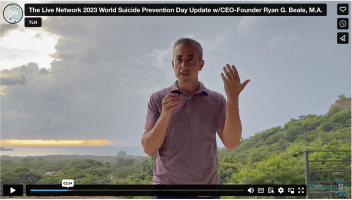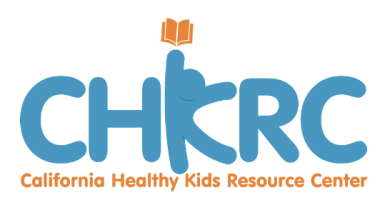Better Together: The Importance of Post Crisis Group Healing
By: Prepare U
In my role as a mental health professional I have been a first responder after workplace shootings and as a crisis interventionist. As you can imagine, in each of these unfortunate circumstances the first question I’m asked is, “Now what do we do?”
In the wake of the horrific events in Texas, I took a moment to remember the time I was contacted by a leader of a county’s school board shortly after another recent school shooting where innocent children’s lives were lost. Once again, I was confronted with these five simple words that lead to the complex layers of healing that school district administrators must orchestrate.
As you might imagine, that leader’s first thoughts concerned the students. What I wanted to explore was the kind of support available to the school boards and administrators. It turned out that, other than the members that connect via a zoom check in as a group from time to time to address issues, there was nothing specific. We acknowledged that all members of the community need to have layers of support, so we went to work.
Invest in the emotional support and healing of the school boards and administrators
Here is what you need to understand: It was important that this administrator’s staff received emotional support through an opportunity to share and collaborate in order to help their own wellbeing, so that they can go on to support their school communities more effectively. It’s similar to being on a plane where the oxygen mask drops due to a change in cabin pressure. You have to put the mask on yourself before you help your children.
I connected the school board with a local private practice that was willing to do some paid and pro bono work running support/process groups for school board members. A separate opportunity for groups for superintendents, and a separate group for principals and administrators.
The Power of Process Groups
These support groups gave the leaders in the communities a chance to break away from typical meeting structures. This time an outside professional ran a process group which would build insights for each of the members. The power of process groups lies in the unique opportunity to receive multiple perspectives, support, encouragement and feedback in a safe and confidential environment. People heal in a healthy group. This is why for any true recovery from mental health challenges or addictions there is always a group component to the long term healing process.
Once the school, the community, and the leadership are able to understand how healthy groups work and what they look like, they will be able to create many layers of groups within their community. I caution you to be mindful of this moment. If groups are created prior to the leadership understanding what an appropriate group process looks and feels like, the groups that are created within the communities are not likely to reach the full potential of impact.
Train Educators on SEL
The next step would be to bring in programs, such as Prepare U’s 15-class curriculum that can provide the ability to give health teachers and other qualified teachers who do not need mental health training the ability to deliver a universal program that has a strong experiential group component so that the students can build their skill sets and build classroom cohesion. The benefits that our data has shown is that this program builds emotional resilience, fosters trust in the school community, while reducing the negative effects of trauma that become foundational to their long term development.
Ensuring a Permanent Cultural Shift
We have seen it time and time again with school districts that made great strides to create support groups for their students, but the students and even the school counselors that run these groups did not have any understanding of a true group process. It was more for the camaraderie. The impactfulness and the longevity of the group were not as successful as intended. After implementing programs such as Prepare U, that allowed the students and staff to experience groups in a safe and effective manner, the student led and school led support groups began to flourish.
For example, students felt comfortable supporting their friends attending a school sponsored support group for grief after their friend lost a parent or a loved one. Once the stigma and fear of group healing was removed, a school wide culture of group support took its place. After parents saw that their children were brave enough to go to school sponsored support groups, their own defenses to the stigma began to drop. They even formed parent-led groups.
In my professional opinion, promoting group healing, first for educators and then for students, is a great first step towards building an effective culture of SEL. It will help reinvigorate school communities, improve administrator and teacher retention rates, while measurably improving mental health universally, and improving trust for greater collaboration so we can get back to enjoying leading the next generation.
The best way to prevent the ripple effect of post crisis trauma is by proactively building these rings of support for your school community before it is ever needed. I strongly believe this will ultimately significantly reduce student suicides and school violence because a culture of support, trust, and communication will have become a keystone of your community.
Ryan G. Beale, M.A.
CEO/Founder - Prepare U Mental Health Education



